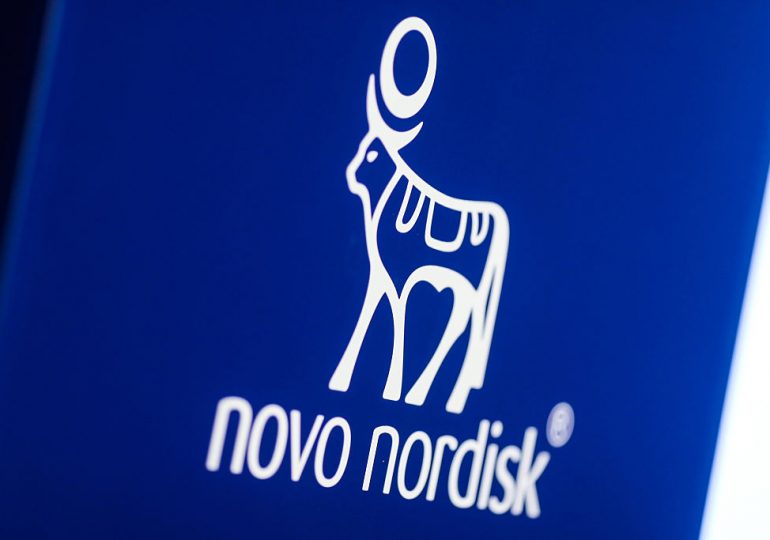GLP-1 drugs like Wegovy and Zepbound have been racking up sales and new indications, as researchers learn more about how the drugs affect the body beyond just weight loss.
But one of the more anticipated studies exploring how they impact Alzheimer’s disease has found no meaningful effect, Novo Nordisk said in a press release on Nov. 24
The company, which makes semaglutide (sold as Wegovy for weight loss and Ozempic for diabetes), said that its drug did not provide any additional benefit over placebo in two trials of people with early Alzheimer’s. The company is planning to release more data at a presentation at the Clinical Trials on Alzheimer’s Disease conference in early December and at the Alzheimer’s and Parkinson’s Diseases conferences in March 2026.
[time-brightcove not-tgx=”true”]
The two-year study included more than 3,800 people with mild cognitive impairment or mild dementia due to Alzheimer’s, half of whom were randomly assigned to take a semaglutide pill every day, and half of whom took placebo. The company said that people receiving the drug did show improvements in certain biological measures of Alzheimer’s disease, but that these changes did not translate into slower disease progression as measured by a standard test of several areas of cognitive ability, including memory, problem solving, sociability, and self-care. Experts are waiting for more detailed data on the results to understand whether the improvements in markers of the disease could be early signs of potential benefit, especially if combined with other strategies like behavior changes and currently available medications.
Read More: The Heavy Cost of Using Weight-Loss Drugs to Get Skinny
Researchers were hopeful that the weight-loss drugs might have an impact on Alzheimer’s, since inflammation contributes to the neurodegenerative disease and the drugs seem to have an anti-inflammatory effect. Studies in animal models, as well as observational studies of people taking the drug to treat diabetes or weight gain, hinted that the drug may slow the advance of Alzheimer’s.
New Alzheimer’s treatments are needed, since currently only two—lecanemab (from Eisai) and donanemab (from Lilly)—address the root causes of Alzheimer’s. Both work by attacking the buildup of amyloid plaques in the brain and can slow disease progression by up to 30% for people with mild-to-moderate disease. “These results will help us refine our understanding of this class of drugs,” said Maria Carrillo, chief science officer and medical affairs lead for the Alzheimer’s Association, in a statement. “Though this semaglutide pill did not help against Alzheimer’s, the field will continue to investigate this class of drugs, as they may act differently.”
Eli Lilly, which makes the other drug in the class, tirzepatide, has not said whether it plans to study its product’s effect on Alzheimer’s.
Novo Nordisk said it would discontinue a planned one-year follow up of the people in the trials.
Leave a comment






